
A cylindrical seal from the Late Uruk period has been found in Diyarbakır
A cylinder seal from the Late Uruk Period has been discovered in ongoing excavations at Amida Mound, located in the center of Diyarbakır.
Amida Mound, with its traces of continuous settlement for 8,000 years, houses the Artuklu Palace, where the world-renowned scientist Al-Jazari lived and the first robots were created.
The archaeological excavations at Amida began in 2018 under the leadership of Prof. Dr. İrfan Yıldız, Dean of the Faculty of Arts and Design at Dicle University, with the permission of the Ministry of Culture and Tourism.
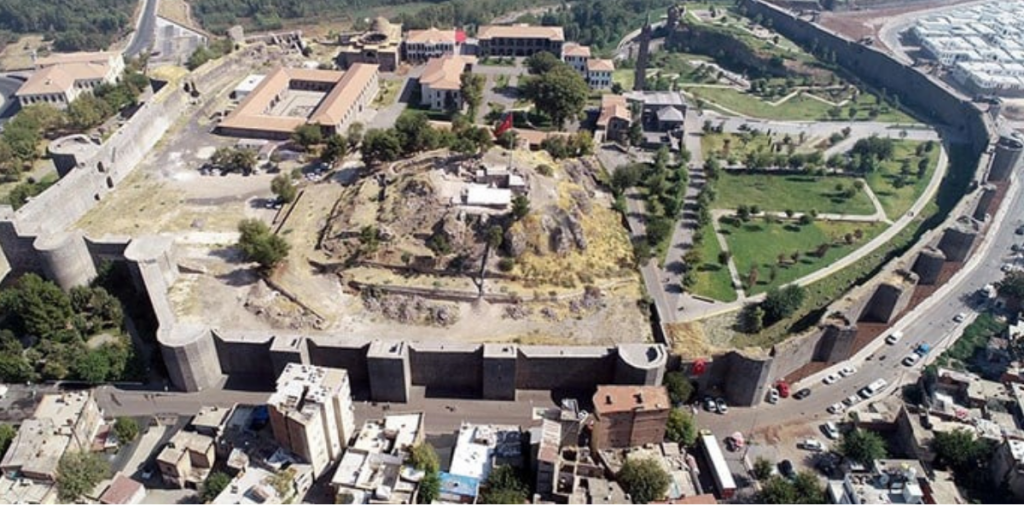
So far, the excavation work has uncovered remnants such as approximately 1,800-year-old water channels and heating systems, 1,700-year-old burial chambers, 782 hand grenades from World War I, and 800-year-old marble fragments.
This year, work is being conducted in the room south of the reception hall of the Artuklu Palace and in the area between Saraykapı and the royal road.
Traces of life at Amida Mound date back to 10,000 years.
During the excavation team’s work in one of the trenches, evidence of fire, along with data obtained from ceramic fragments and stone materials, indicated that settlement began 10,000 years ago.
Excavation director Prof. Dr. Yıldız stated to reporters that it has been confirmed this year through ongoing excavations that continuous life has persisted at Amida Mound for 10,000 years.
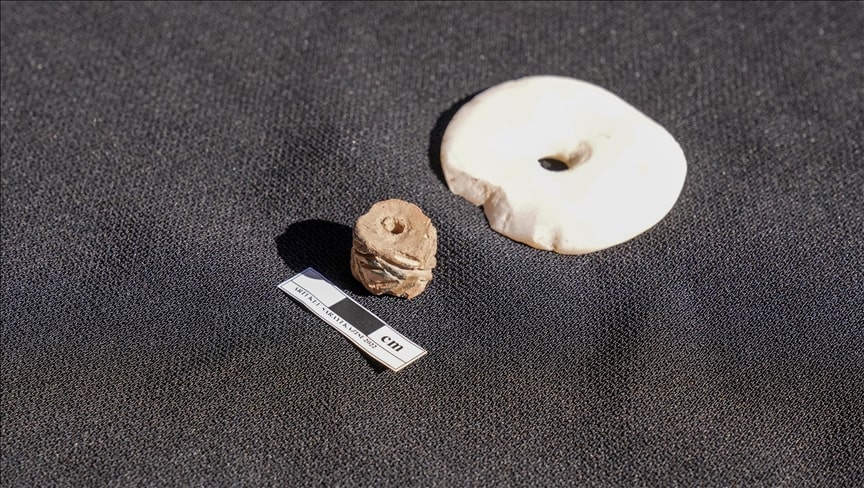
Yıldız stated that the earliest city where life has continued uninterrupted on Earth is Jericho in Palestine, adding, “After Jericho, Amida Mound stands out as the second area where continuous life has been confirmed. As excavations at Amida Mound continue, we will keep encountering surprising finds. The seal we found is cylindrical and can be dated to the Late Uruk period, specifically between 3400 and 3100 BC.”
He noted that a similar seal was uncovered during excavations at Müslümantepe Mound in the Bismil district, and that seal was fully revealed, while the one found at Amida Mound is broken.
Yıldız further stated:
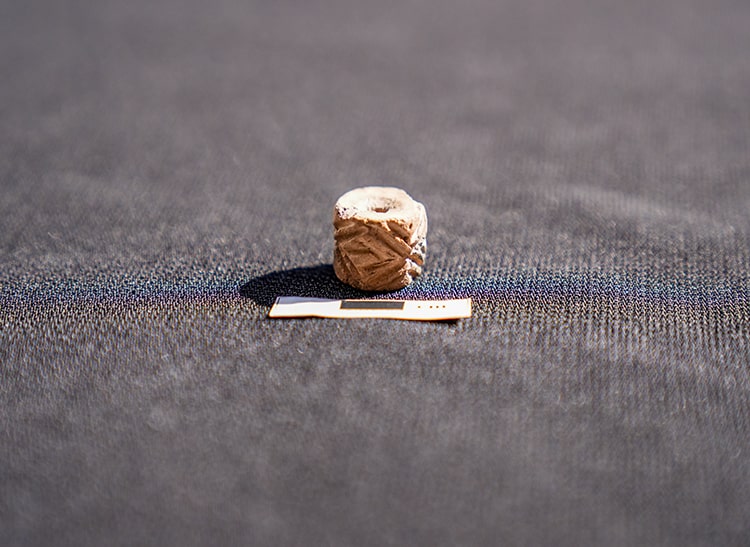
“The seal features geometric decorations in the shape of a diamond slice. It is a unique seal both in terms of its characteristics from the period it was made and its decorations. Such seals are generally used to close documents, sacks, and jars. The discovery of this seal also indicates that there was a strong trade network in this region. A seal had previously been found at the Amida Mound excavation, dating back to the Chalcolithic period. Both that seal and this one are the types that are threaded and hung. This is the first cylindrical seal found in our excavation, but it is the second seal find overall.”
You may also like
- A 1700-year-old statue of Pan unearthed during the excavations at Polyeuktos in İstanbul
- The granary was found in the ancient city of Sebaste, founded by the first Roman emperor Augustus
- Donalar Kale Kapı Rock Tomb or Donalar Rock Tomb
- Theater emerges as works continue in ancient city of Perinthos
- Urartian King Argishti’s bronze shield revealed the name of an unknown country
- The religious center of Lycia, the ancient city of Letoon
- Who were the Luwians?
- A new study brings a fresh perspective on the Anatolian origin of the Indo-European languages
- Perhaps the oldest thermal treatment center in the world, which has been in continuous use for 2000 years -Basilica Therma Roman Bath or King’s Daughter-
- The largest synagogue of the ancient world, located in the ancient city of Sardis, is being restored

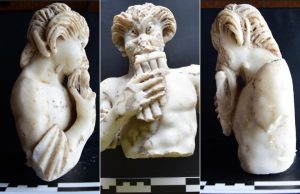
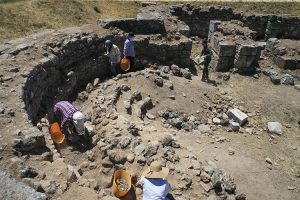
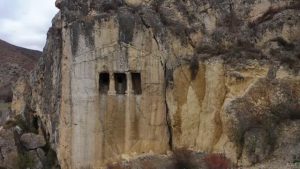
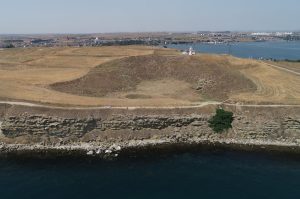
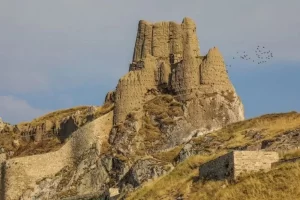
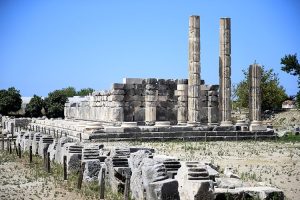


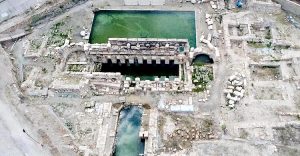
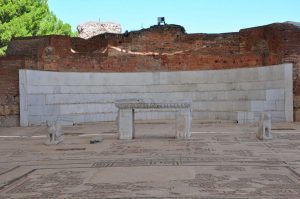
Leave a Reply